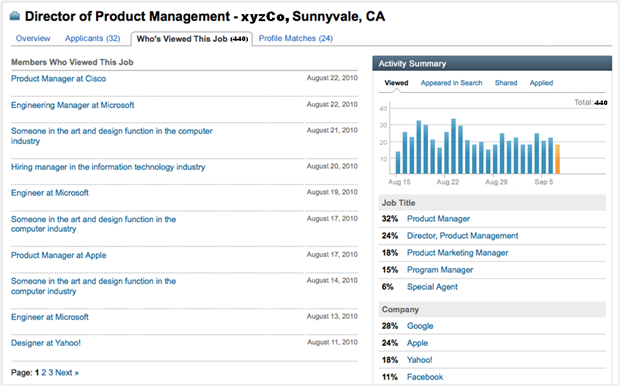 It is too easy to become a recruiter. I suppose that can be said for a variety of disciplines, but I would wonder how closely those positions affect the bottom line the way recruiting does. A company is powered by its people and the gas of that engine is recruiting.
It is too easy to become a recruiter. I suppose that can be said for a variety of disciplines, but I would wonder how closely those positions affect the bottom line the way recruiting does. A company is powered by its people and the gas of that engine is recruiting.
Staffing professionals know this, C-level executives are aware of the fact and likewise savvy investors who bet on the jockey rather than the horse they ride on. However, across many organizations the staffing department is grudgingly regarded as a resource of necessity that is wholly unappreciated. To make an unfair comparison, recruiters are often thought of like Firemen; well appreciated in times of fire, but forgotten otherwise.
Sure, there are organizations that give lip service to the value of recruiting, but consider these questions. How often does the CEO of your company wander the cubicles of the staffing department to personally congratulate their contribution? When was the last time the staffing department was given kudos in a press release from upper management? When the stock goes up in your company, is staffing cited as a factor?
Recruiting overall suffers from bad publicity (or the lack of a significant amount of good publicity) reflected in the unspoken accolades from above and the occasional disdain from candidates. What do I mean? If a candidate is unemployed, unhappily employed or under-employed, then a call from a recruiter is a welcome God-send.
Conversely, if the candidate is comfortable in their present role, such solicitations can be a nuisance. Furthermore, consider those recruiters who engage unqualified candidates and handle their candidates haphazardly. The end result is a negative impression of a certain company and a black eye on recruiting in general.
It would seem that when recruiting (in any discipline) you have to contend not only with the requirements you are trying to fill, but also the biases of recruiting coming from all concerned. Fortunately, I have a strategy for turning this around.
Simply put, serving as a recruiter does not carry the prestige of being a doctor or lawyer; neither high school nor college students decide early on to become a recruiter. (How many graduate programs offer an intensive training in recruiting?) It has been my observation that people tend to “stumble” into recruiting and therein lies the issue.
Returning to my initial statement, it is too easy to become a recruiter. While it takes a lot of effort to be a good recruiter and great experience to be seen as superlative, only a nominal effort is required to become an “official” recruiter. This is why I propose that the recruiting industry submit itself to an international standard of ethics that is regulated by a global consortium of staffing professionals. Specifically, I would like to see the following:A Great Idea That Will Never Happen

